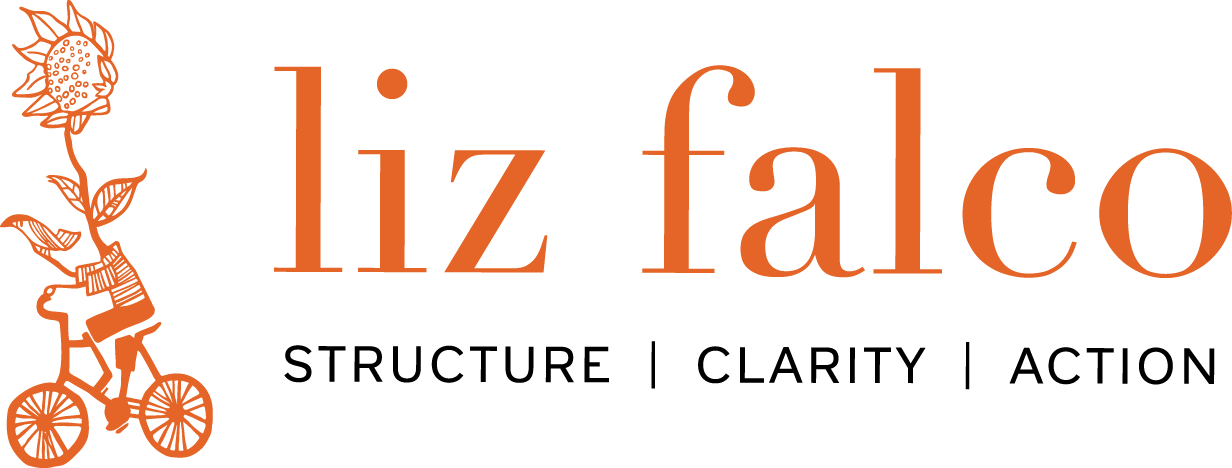I attended the first annual PERFORM Centre Research Conference at Concordia University (Montreal), entitled Physical Activity and Brain Functions. It is always stimulating to be in a university setting, hearing about the most recent studies directly from the researchers.
We know that physical activity is good for us but it really hits home when you hear about the research first-hand. Here are some key take-aways from the conference:
 The brain really is plastic, not fixed. Physical activity promotes neurogenesis (creation of new brain cells) throughout the lifespan!
The brain really is plastic, not fixed. Physical activity promotes neurogenesis (creation of new brain cells) throughout the lifespan!- ‘Taking a hike’ is more beneficial than doing brain games! Moderate aerobic exercise improves cognitive function (memory, attention, decision-making), and has shown to enhance brain volume, neuro-connectivity and structural integrity (Kramer).
- 20 minutes of aerobic exercise prior to a test or cognitive task can help students focus and be more efficient and accurate in their work – check out this article which also suggests a number of school policy initiatives (Castelli, Hillman et al.).
- Perhaps counter-intuitive, exercise is the most efficacious treatment for musculoskeletal pain and improves fatigue, mood and quality of life in chronic pain sufferers. (Cook & Ellingson)
- Physical Activity helps counter depression and trumps the effects of genetics on cognitive performance (i.e. family history of Alzheimer’s). (Erickson)
The research is compelling and demands action. Are we doing our best in schools and community organizations to honour this research? What policies and programs can we put in place to genuinely act in the best interests of both youth and adults?
I’d love to know what you’re doing – and in the meantime suggest the following resources as further ‘food for exercise!’:
- Dr. Mike Evans: 23 ½ hours and Let’s Make Our Day Harder
- Active for Life is a Canadian social enterprise promoting physical literacy in partnership with 60 Minute Kids’ Club.
- How Investing in P.E. Yields Higher Achievers
- Read about the Chicago Public Schools’ commitment to the research through its new K-12 Daily Physical Education Policy (January 2014)
- An informative video about remaining independent through the decades from The Canadian Centre for Activity and Aging




